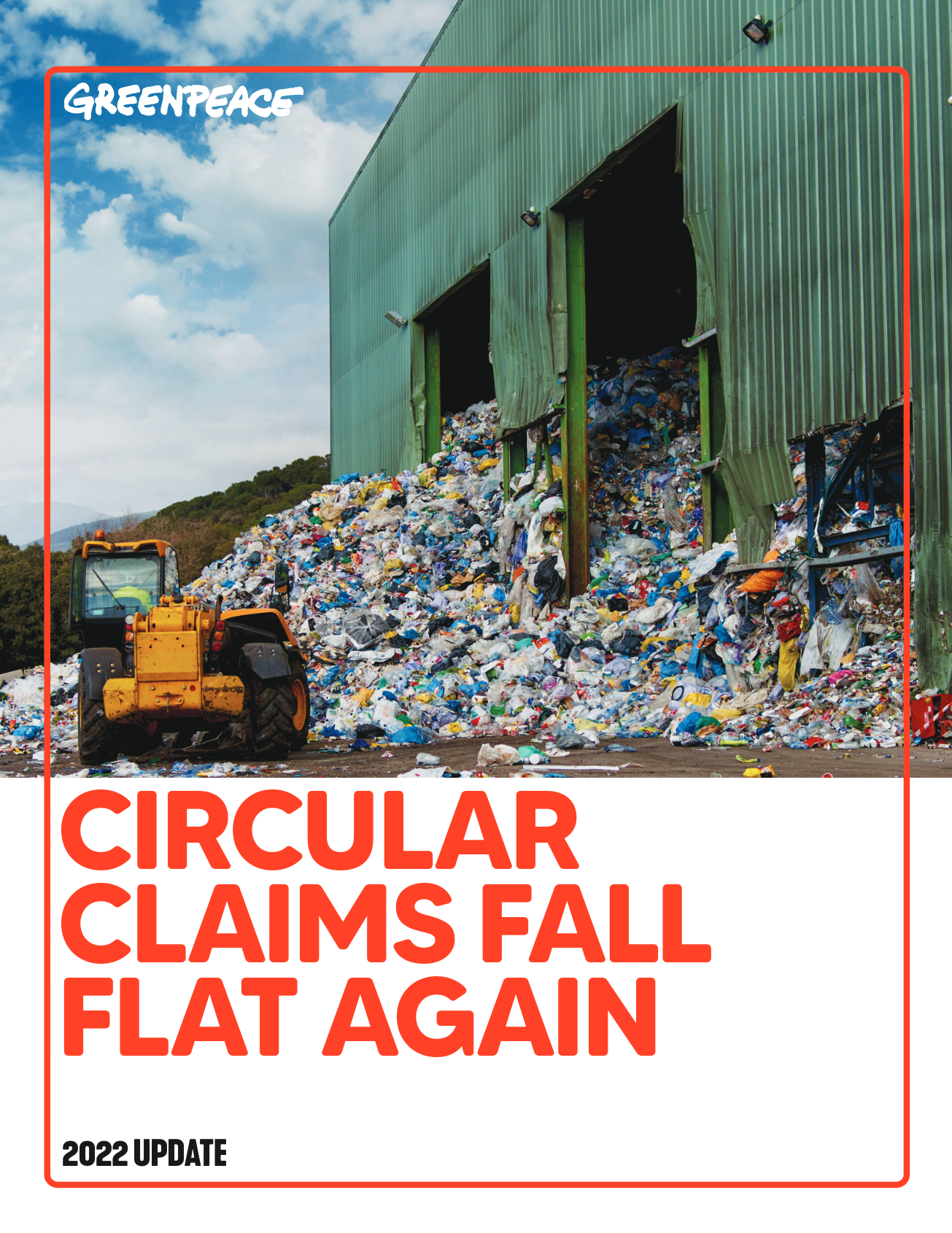Bad news for environmentalists since according to a survey by Greenpeace USA released on Monday there is no effective recycling. He even characterizes the reprocessing of materials as "fiction".

With the title "Circular Claims Fall Flat Again," the study found that of the 51 million tons of plastic waste produced by US households in 2021, only 2,4 million tons, or about 5%, were recycled.
According to research by Greenpeace USA, only two types of plastic are widely accepted at the nation's 375 recycling facilities.
The first is polyethylene terephthalate (PET), which is commonly used in water and soda bottles, and the second is high-density polyethylene (HDPE), which is used in milk packaging, shampoo bottles and containers productof cleaning.
These materials are numbered “1” and “2” according to a standardized system in which there are seven types of plastics. But being something recyclable in theory it does not mean that the products are actually recycled.
The study found that PET and HDPE products had actual recycling rates of 20,9% and 10,3%, respectively. Plastic items in categories from "3" to "7" (children's toys, plastic bags, wrappers, plastic yogurt and margarine containers, plastic coffee and food containers) were reprocessed at rates less than 5%.
Despite having the recycling symbol on their labels, products using plastic types “3” through “7” do not meet the Federal Trade Commission's classification for recyclables. This is because recycling facilities for these types are not widely available because the collected products are not reused to make new items.

According to the study, there are five main reasons why plastics recycling has failed:
- Plastic waste is produced in huge quantities and is extremely difficult to collect.
- Even if it were all collected, mixed plastic waste cannot be recycled together and it would be "functionally impossible to sort the trillions of pieces of plastic waste produced each year".
- The herself procedure recycling is harmful to the environment, exposing workers to toxic chemicals and producing microplastics.
- Recycled plastic poses toxicity risks through contamination from other types of plastic in the collection bins, preventing it from becoming a food-grade material again.
- The process of recycling is prohibitively expensive.
Greenpeace called on companies to support a Global Plastics Treaty (Global enviroment Plastics Treaty), which UN members agreed to create in February, and move forward with new recycling and reuse strategies.






In the fairy tale of recycling, perhaps we should also add the "fires" that take place - at regular intervals - all over the world, in the places where the plastics to be recycled are collected.
I will never forget a bank client of mine who in 2008-2009 had created (as a straw man of a big business) a recycling company and told me cynically: "the future of money is in recycling", adding "garbage will be all the money in the coming times ".
Keeping a small "reservation" as to whether he meant as "garbage" the ARDs of the MME or the real garbage (which ... is burned every three or so in their collection yards, all over the world),
good morning guys